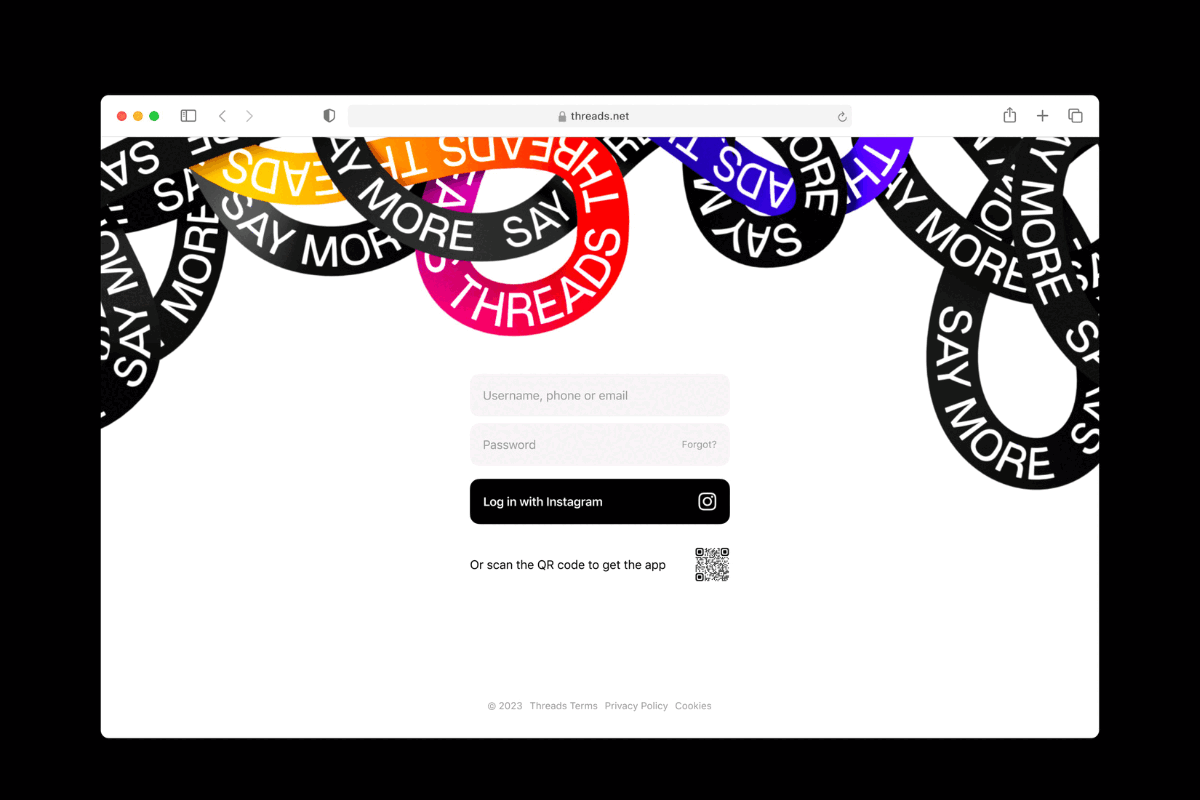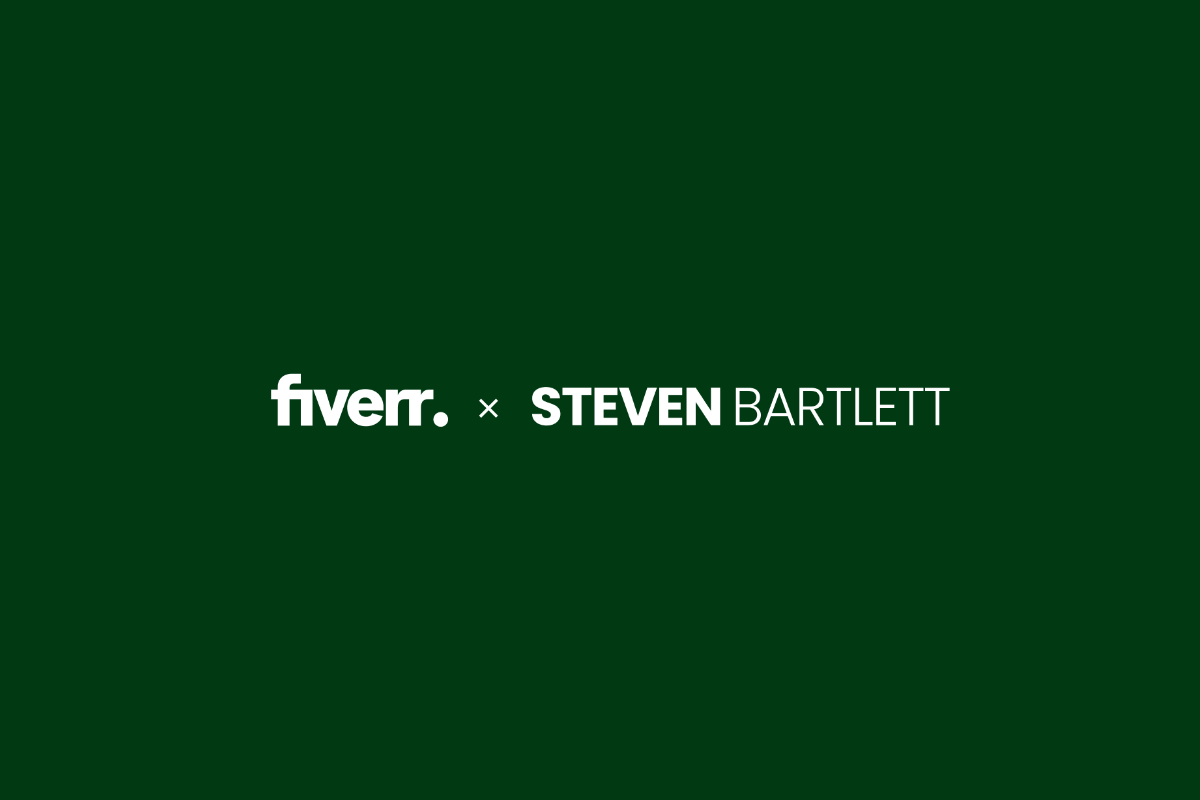San Francisco Bans Parking Spot Auction Apps
- Monday, June 23rd, 2014
- Share this article:
 Several app developers have been served with cease-and-desist letters by the San Francisco City Attorney for allowing residents to auction off public parking spaces.
Several app developers have been served with cease-and-desist letters by the San Francisco City Attorney for allowing residents to auction off public parking spaces.
San Franciscos small size and many hills make it notoriously difficult to find a parking space in, especially during peak hours, and several apps aimed to take advantage of this demand, allowing users to auction or sell their spots to others. However, as the spaces are publicly owned and operated, selling them in this way is illegal.
San Francisco City Attorney Dennis Herrera has issued a cease-and-desist demand to Monkey Parking, one of the apps in question, which describes itself on the iTunes App Store as “the first app which lets you make money every time that you are about to leave your on-street parking spot.”
The demand cites San Francisco Police Code section 63(c), which prohibits individuals and corporations from entering a “lease, rental agreement or contract of any kind, written or oral, with or without compensation, for the use of any street or sidewalk”. Because the company is founded on an illegal transaction, the company could face penalties of up to $2,500 (£1,470) per violation under Unfair Competition Law should the city decide to sue. The company has been given until 11 July to cease operating in San Francisco.
“Technology has given rise to many laudable innovations in how we live and work – and Monkey Parking is not one of them,” said Herrera. “Its illegal, it puts drivers on the hook for $300 fines, and it creates a predatory private market for public parking spaces that San Franciscans will not tolerate.
“People are free to rent out their own private driveways and garage spaces should they choose to do so. But we will not abide businesses that hold hostage on-street public parking spots for their own private profit.”
The cease-and-desist letter was copied to Apple, asking them to remove the app from the App Store for violating the companys own guidelines which state that apps “must comply with all legal requirements” wherever they are available.
According to the San Francsico City Attorneys office, two other startups with similar apps, Sweetch and ParkModo, will be issued with cease-and-desist letters later this week, one of them before the app has even launched.
With services like Uber facing both legal scrutiny and outcry from existing businesses affected by their services, apps that aim to disrupt how we operate in our daily life in cities may need to take a closer look at their legality in the future.
















